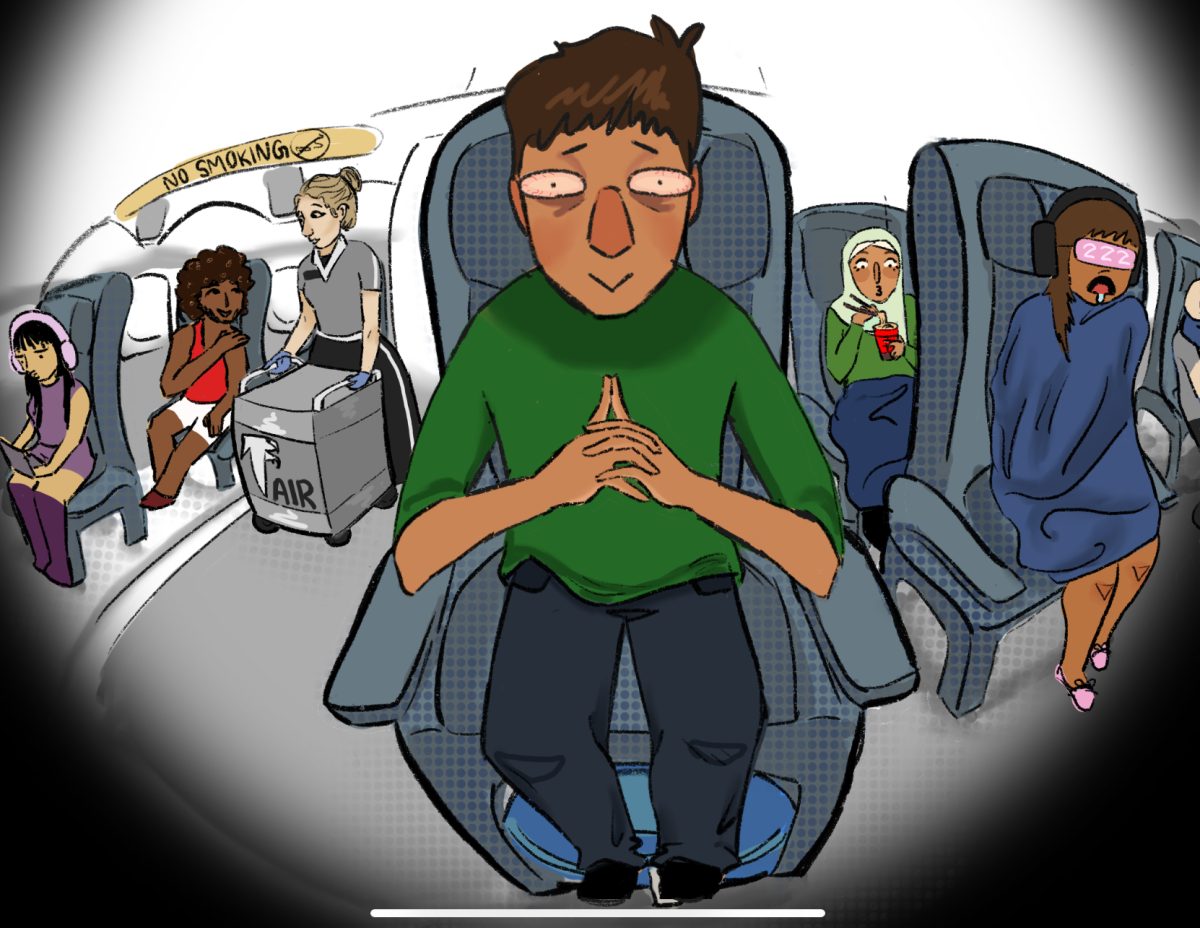Black excellence places a demand on Black folks to hyper-excel, to practice excessive forms of labor and productivity such that then, and only then, are they worthy of recognition, of living, of life.
Black excellence is a beautiful but exhausting, even violent, concept. Rarely do Black people ever reap the glory or the pleasure of simply being. Given the ways in which Black lives are policed, and often end, for the most unworldly reasons (napping, waiting, jogging, eating lunch)—from Emmett Till to Renisha McBride, Elijah McClain to Armaud Arbery to Breonna Taylor— our existence is a testimony to our resilience.
Black people have never been allowed to be average and benefit from the same opportunities as white people to progress and succeed. There is more pressure put on Black individuals to establish themselves as “high achievers” since expectations for them are often lowered. Statistics reveal the disparities that demonstrate this reality.
The pressure to achieve can also have detrimental effects on mental health. A study by the American Psychological Association found that Black teenagers report higher levels of stress than their white counterparts, often linked to experiences of racial discrimination and the additional pressures to succeed in predominantly white environments. This chronic stress can lead to mental health challenges like anxiety and depression, often exacerbated by the lack of culturally competent mental health resources.
At Cambridge Rindge and Latin, students especially strive to establish themselves by being a part of many organizations or holding jobs to support themselves. Saron Saud ’25 told the Register Forum, “For Black students specifically, this pressure is exacerbated because we are faced with the overarching pressure of needing to prove ourselves.” Saud goes on to emphasize how the administration, and sometimes faculty, often expects Black students to overachieve, but also expects students to uplift their communities while still participating in everyday high school life. These are the extra burdens that come with being Black which constantly weigh on students’ minds. Many students of color on some level have felt the constraints and pressures of being at a predominately white institution, but specifically Black students.
Cindy-Thelma Bang ’25 told the Register Forum, “Black folks who reach magnificent heights will always be sources of racial pride.” This idea demonstrates how Black individuals are approved and applauded by their communities (and by a few white folks too) when overachieving or striving for greatness. And, yes, we love to see Black excellence. But excellence does not afford Black people the opportunity to exist unbothered. And, arguably, this privilege to just “be” is what many Black people would appreciate most.
The push to be constantly perfect has serious implications for Black students’ development and identity. Now, it is time to break the cycle, to shatter the glass ceiling, and to build a world where students can exist, unburdened by the weight of unspoken struggles. We must create educational environments that celebrate diversity and encourage authenticity, ones that allow Black students to thrive without the pressure of conforming to unrealistic standards. Only then can we foster a generation of empowered students who are confident in their identities and are capable of reaching their fullest potential.







